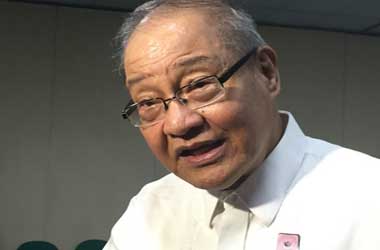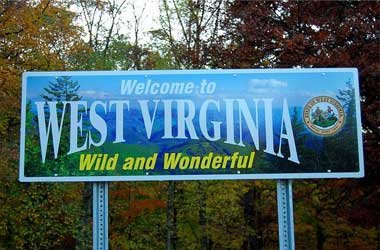CT State Reiterates That Casino Act Does Not Give Its Tribes Unfair Advantage
 MGM Resorts filed a case against the state of Connecticut over the fact that the state decided to award a third casino license to the Mohegan and Mashantucket Pequot Tribes and did not follow protocol of inviting bids from companies who were interested to build a new casino in the state of Connecticut.
MGM Resorts filed a case against the state of Connecticut over the fact that the state decided to award a third casino license to the Mohegan and Mashantucket Pequot Tribes and did not follow protocol of inviting bids from companies who were interested to build a new casino in the state of Connecticut.
Connecticut decided to award the third license to its tribes in a bid to build a new casino near the state border that would curtail the flow of gamblers who were looking to gamble out of state.
MGM Resorts is in the process of building a $950 million MGM Springfield casino and had counter on attracting a constant flow of gamblers from Connecticut as the MGM Springfield facility is located pretty close to the Connecticut border.
The state gaming commission in Connecticut recognized that the state would lose a significant percentage of its gambling revenue to the MGM Springfield facility and employment opportunities would also be reduced in the long term. To mitigate these challenges, the state of Connecticut decided to approve a third casino license and award the same to the tribes. While the tribes are yet to finalize on a location to construct the third casino, it is very likely that the third Connecticut casino will be completed before the MGM Springfield casino is ready for business.
MGM Resorts alleges that Connecticut has violated the fair gaming policy as its gaming act gives its tribal casino operators an unfair advantage. Connecticut has already filed a motion to dismiss MGM’s lawsuit stating that while it has approved the two tribes to proceed with the third casino, a legislative vote still needs to take place to authorize construction to commence.
Connecticut has highlighted the fact that it did give the two tribes permission to form a joint venture to pursue the opportunity to build a third casino in the state but that did not give MGM Resorts the right to sue.
The claim to dismiss MGM Resort’s lawsuit stated
[The gaming act] could not be clearer; it does not authorize anyone to operate a commercial casino in Connecticut. Nor does it remotely guarantee that anyone will ever be able to operate a commercial casino in Connecticut. That should be fatal to MGM’s attempt to establish standing.
MGM’s lawsuit states that even if they did file a request to obtain a license to build the third casino, the company would be at a disadvantage because Connecticut had made it clear that it prefers its tribal operators to build its third casino.
Carolyn DuttonAuthor
Carolyn is our legislation expert, with a background in law she is able to cover the current state of gambling around the world





